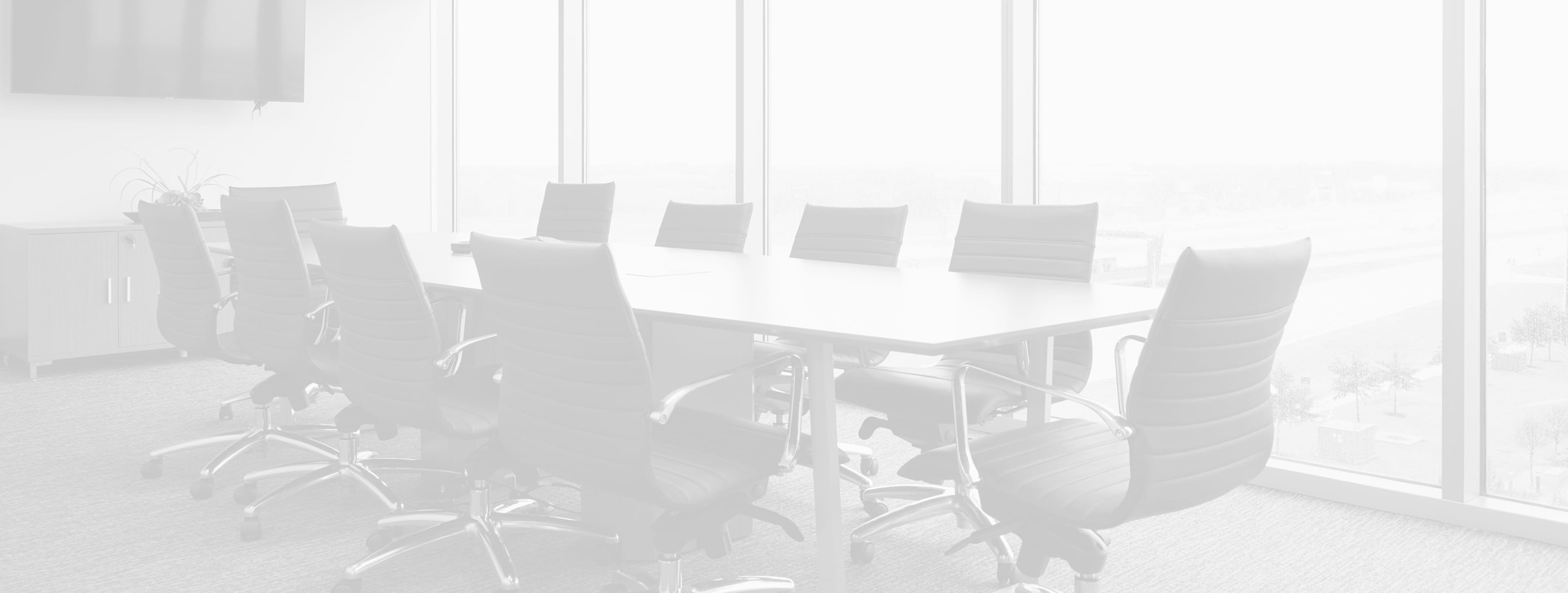Get The Help You Need Contact McCraw Law Group
If you are in need of a personal injury attorney in North Texas, please contact the team at McCraw Law Group today. We are ready to help you in a broad range of serious accident and injury legal issues, and offer multiple ways to reach us.
Get a Free Virtual Consultation



